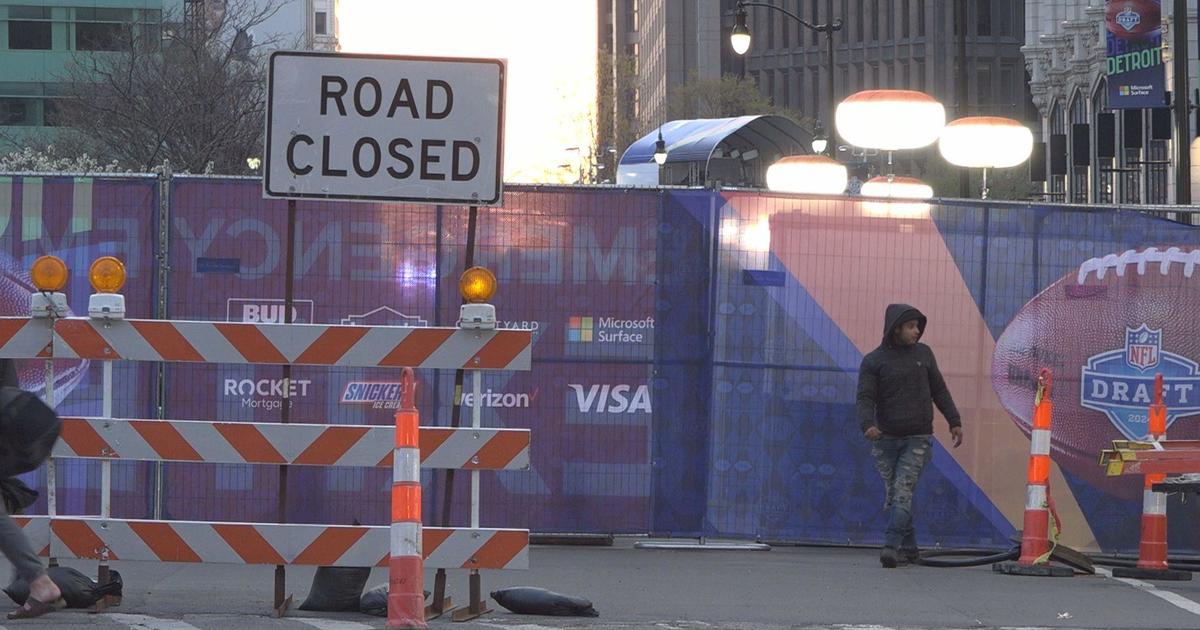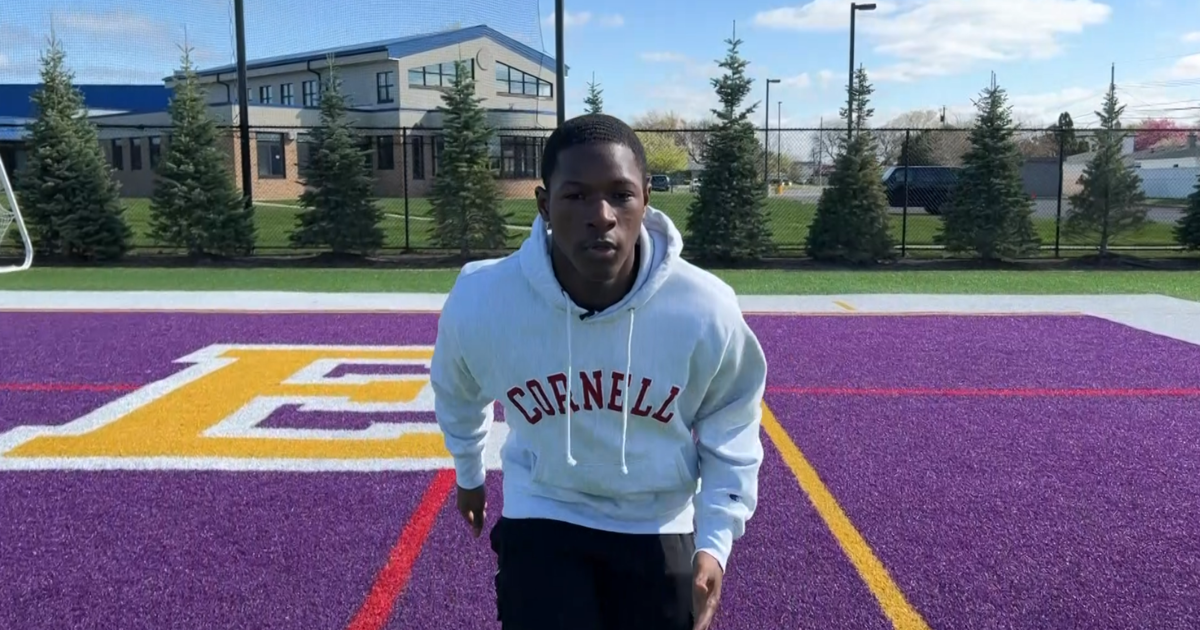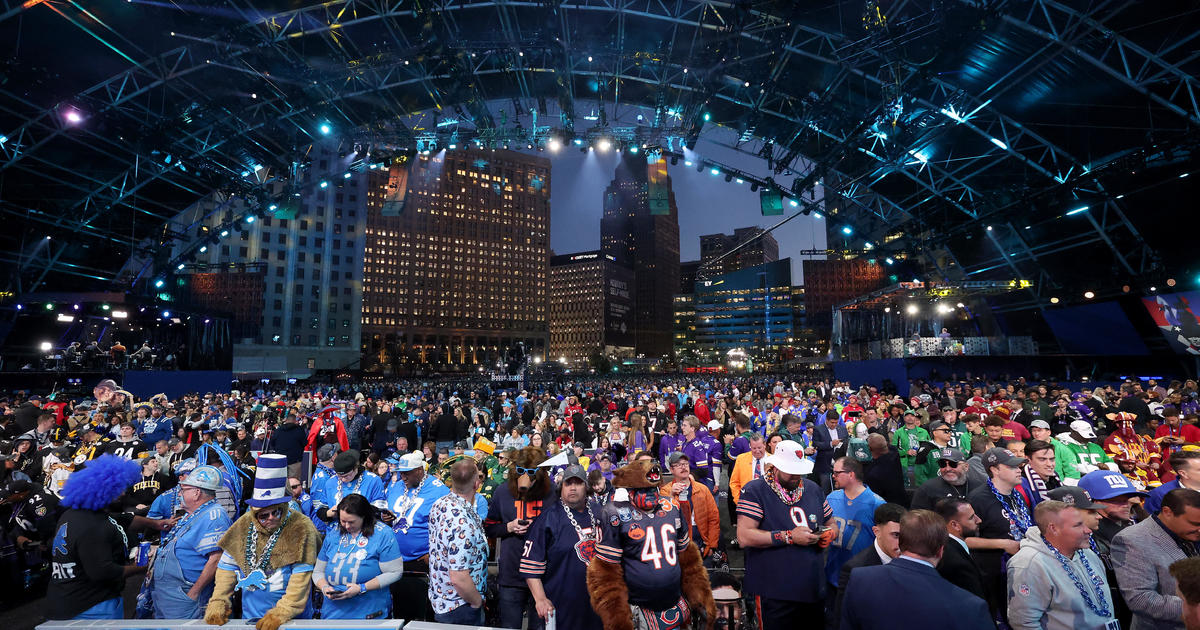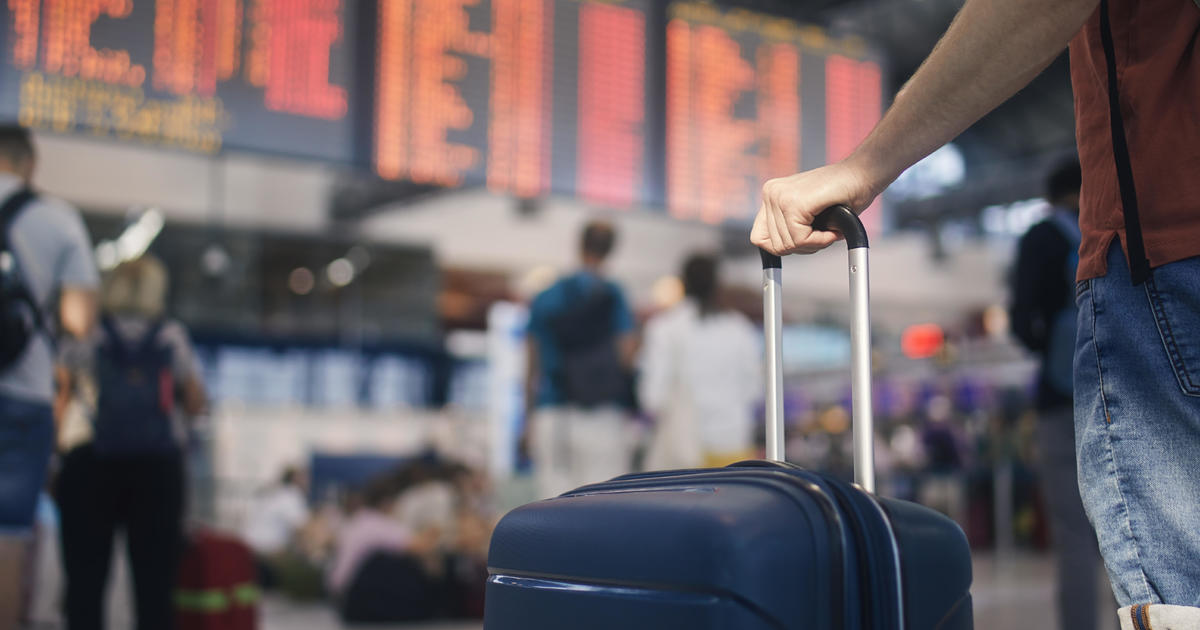Wayne State Biomed Engineering Student Directly Impacted By Biomedical Research
DETROIT -- Madeline Betterly knows firsthand how technology can impact one's health, lifestyle and future. Born with unilateral aural atresia and microtia of the ear, she received a bone-anchored hearing aid (Baha) implant at age 12 that significantly changed her life.
"The Baha greatly improved my ability to hear and interact with my peers," she said. "I was thrilled to be able to interact more easily, make new friends and join the orchestra. It was wonderful to be able to play my violin and hear those around me. I have directly benefited from the advances made through biomedical research, and for this I will be forever grateful. This experience has greatly affected my career goals and aspirations."
Those personal experiences and career goals led Betterly on a path to Wayne State University's Department of Biomedical Engineering.
"I'm interested in art, design, technology, engineering and the sciences," said the freshman. "I came to Wayne State because it's known for its biomedical engineering program. The professors are renowned experts, and you have the opportunity to gain a great deal of hands-on experience as an undergraduate student."
While her implant helped pave the road to WSU, Betterly has had to make an extra effort to succeed in the university's challenging biomedical engineering program.
"I have had to take an active role in advocating for myself and my needs because hearing loss is a hidden disability," she said. "I usually request that professors repeat students' questions before answering, sit in the front row of every class for lip reading and note taking purposes, and study a lot after class. It is incredibly exhausting for me because I need to be totally focused every minute of class."
Betterly, who serves as a student ambassador for the English as a Second Language program and as a member of WSU's Catalyst and the Biomedical Engineering Society, is already being recognized for her drive and affinity for taking risks.
She was named a 2013 Anders Tjellstrom Scholarship recipient and was honored at the Cochlear Celebration and Conference with her family Feb. 14-18 in San Diego. At the conference, Betterly participated on a panel and met with middle and high school teens with hearing disabilities to discuss college preparation, self-advocacy and goal setting. She also gave a small speech in front of 1,000 conference participants.
"The conference was my first opportunity to interact with so many other ambitious teens and young adults who are also hearing impaired," she said. "It was inspiring to meet peers who understand and face the same challenges I face every day."
Betterly also was able to personally thank the inventor of the Baha implant.
"I was thrilled to be able to thank Dr. Anders Tjellstorm and the other researchers who have worked to develop the Baha technology to provide and improve hearing for the deaf and hard of hearing," she said. "Their vision has changed the lives of thousands of people. Just as I have benefited from the advances of biomedical research, I hope to contribute to this important field to help others."
She added, "I am so thankful for the great education and encouragement I have received from my professors, mentors, family members and friends both in high school and in college. So many people have believed in me and encouraged me to pursue my dreams. I know I will continue to face challenges, but my disability will not limit me from achieving my goals."



